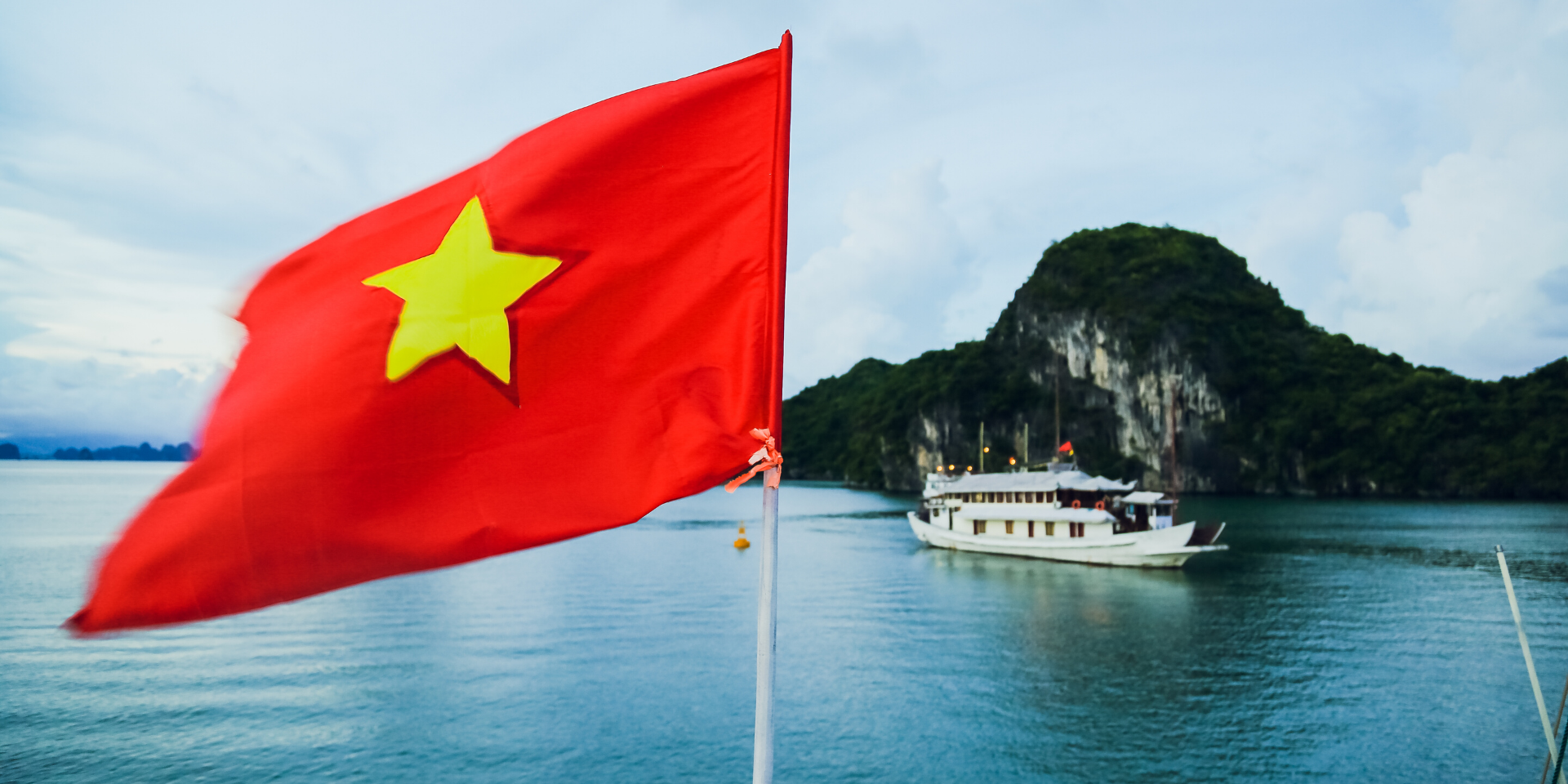4 min read
Broadening The Quad’s Appeal In The Indo-Pacific
By: East Asia Forum on June 23, 2022 at 8:00 AM

The wilderness years of the Quadrilateral Security Dialogue (the Quad), after its initial inception during the 2004 Asian tsunami, are over.
The latest summit in Tokyo reaffirmed its mission as a ‘force for good’ while promising a broad array of Indo-Pacific cyber security, maritime awareness, pandemic recovery, space, climate change and infrastructure initiatives.
At the recent IISS Shangri-La Dialogue held in Singapore, Japanese Prime Minister Fumio Kishida and US Defence Secretary Lloyd Austin emphasised the importance of the Quad in promoting a ‘free and open Indo-Pacific’ and the need to cooperate with ASEAN to achieve these goals. But the group will need to consider the region’s needs to get support for its vision.
Meeting for their fourth leaders’ summit in just over a year, the Quad appears to have finally turned a corner with more coherent and cohesive language directed at upholding the so-called rules-based order. Compared with previous joint statements, the May 2022 Tokyo summit was replete with China-directed ‘code’ — the settlement of disputes without the threat of use of force, no ‘unilateral attempt to change the status quo’ and a regional order free from all forms of coercion. Quad members also advocated the ‘Free and Open’ Indo-Pacific (FOIP) strategy.
The Quad’s forward momentum is driven in part by China’s continued assertiveness. Having rejected the 2016 arbitral tribunal ruling on the South China Sea, China has upped the pace of its military modernisation and continued its terraforming enterprise in the South China Sea. China has also deployed the same aggressive tactics along the Line of Actual Control — the boundary separating Chinese-controlled territory from Indian-controlled territory in the Chinese–Indian border dispute.
There is now premature talk of an ‘Asian NATO’ which threatens China as evidenced by China’s questioning about the Quad and AUKUS at the recent Shangri-La Dialogue. Within the region, the idea is dead-on-arrival based on the failure of SEATO, a defunct international organisation for collective defence in Southeast Asia signed in 1954.
In a public show that China is seeking to break Washington’s containment strategy, Chinese Foreign Minister Wang Yi recently completed a ten-nation tour of the Pacific. His tour included the Solomon Islands, where China has reportedly signed a security cooperation pact enabling security personnel and PLA Navy ships to visit the island.
If the United States and its Quad partners play their cards right, there are several ways to secure a regional order framed by Quad principles. Although many states are wary of formally joining any Quad-related framework that smacks of anti-China sentiment, they can ‘plug and play’ into initiatives that tangibly benefit their national interests. An open ‘plug and play’ approach to Quad-related activities may promote regional acceptance of the organisation’s principles.
The Quad should involve itself in the provision of public goods like climate cooperation and COVID-19 vaccines — both of which have earned it brownie points in Southeast Asia. ASEAN had initial misgivings about the Quad, but the tangible benefits of pandemic and environmental assistance may be moving the needle. ASEAN gave an unprecedented nod to the Quad by acknowledging the Quad Vaccine Partnership in its US–ASEAN Joint Vision Statement.
The Quad should do more to boost the maritime security capabilities of Southeast Asian states by providing more coast guard ships to those challenged by Chinese maritime entities. Coast guards are less threatening than navy ships in the disputed South China Sea. The United States has already provided Vietnam with two coast guard cutters, while also promising ASEAN US$60 million to expand maritime security cooperation with the US Coast Guard.
Enter the Indo-Pacific Maritime Domain Awareness (IPMDA) initiative announced on 24 May 2022. The satellite-based initiative will help Indo-Pacific countries track illegal fishing and maritime militias by giving them readily available maritime information across the Indian Ocean, Southeast Asia and the Pacific islands. Information is power for regional states dealing with altercations with Chinese fishing trawlers and maritime militia in the South China Sea.
The Quad should also work with like-minded regional navies to keep sea lanes of communication open. While some regional navies are reticent to work with the Quad for fear of riling China, they are more open to doing so if it enhances their national interests. A two-week joint exercise between the armed forces of Indonesia and the United States, called Garuda Shield, is a good example of this.
In August 2022, Indonesia and United States will hold military exercises near the Natuna Islands, where Indonesia’s exclusive economic zone overlaps with China’s territorial claims in the South China Sea. Quad members Australia and Japan, as well as Malaysia, Singapore and the United Kingdom, are also reported to be participating in the exercises.
The bottom line is that no country would be willing to be corralled into a formal network under the FOIP and Quad banner for fear of riling China unnecessarily. But many regional countries are willing to support shared principles — such as freedom of navigation, not resorting to the threat or use of force and the rule of law — if the erosion of these principles affects their survival.
Instead of working outside of the regional institutional framework, success for the Quad lies in securing ASEAN’s cooperation first and foremost, after which other Asian partners will follow. To gain traction, the Quad should invert former US president John F Kennedy’s famous aphorism — ask not what regional countries can do for the Quad, ask what the Quad can do for regional countries.
Source: This article was published by East Asia Forum
Related Posts
ASEAN Maritime Security and What Next Week’s Navy..
Australia’s experience and reputation can support Southeast Asia’s aim of multipolarity. And it..
ASEAN resurgence in regional security?
In recent years, the Association of Southeast Asian Nations has been struggling to maintain its..
China’s Ten-Dash Line: Deciphering Disputes in..
South China Sea issues remain complex, but India’s geopolitical imperatives in the region are..




